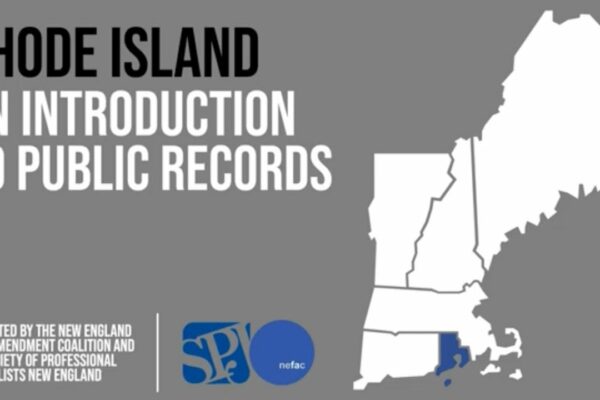
In Rhode Island, are 911 calls considered as public records?
In Rhode Island, the question of whether 911 calls are considered public records has been a topic of debate. While the state’s Access to Public Records Act generally grants access to government records, including police reports, it does not explicitly address the disclosure of 911 calls. The Supreme Court of Rhode Island has ruled that the release of such recordings should be determined on a case-by-case basis, weighing the public interest against individual privacy concerns. As a result, the status of 911 calls as public records in Rhode Island remains somewhat ambiguous.









